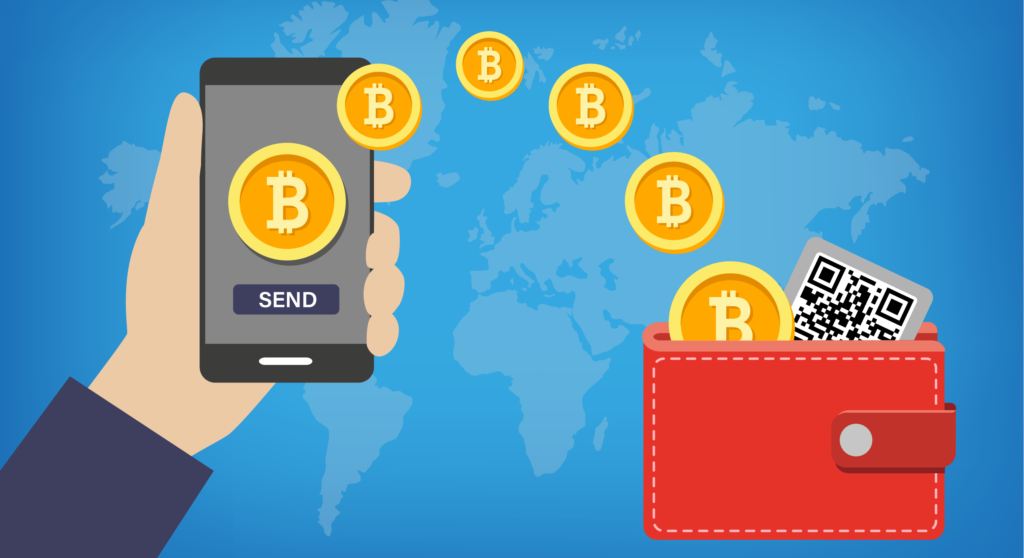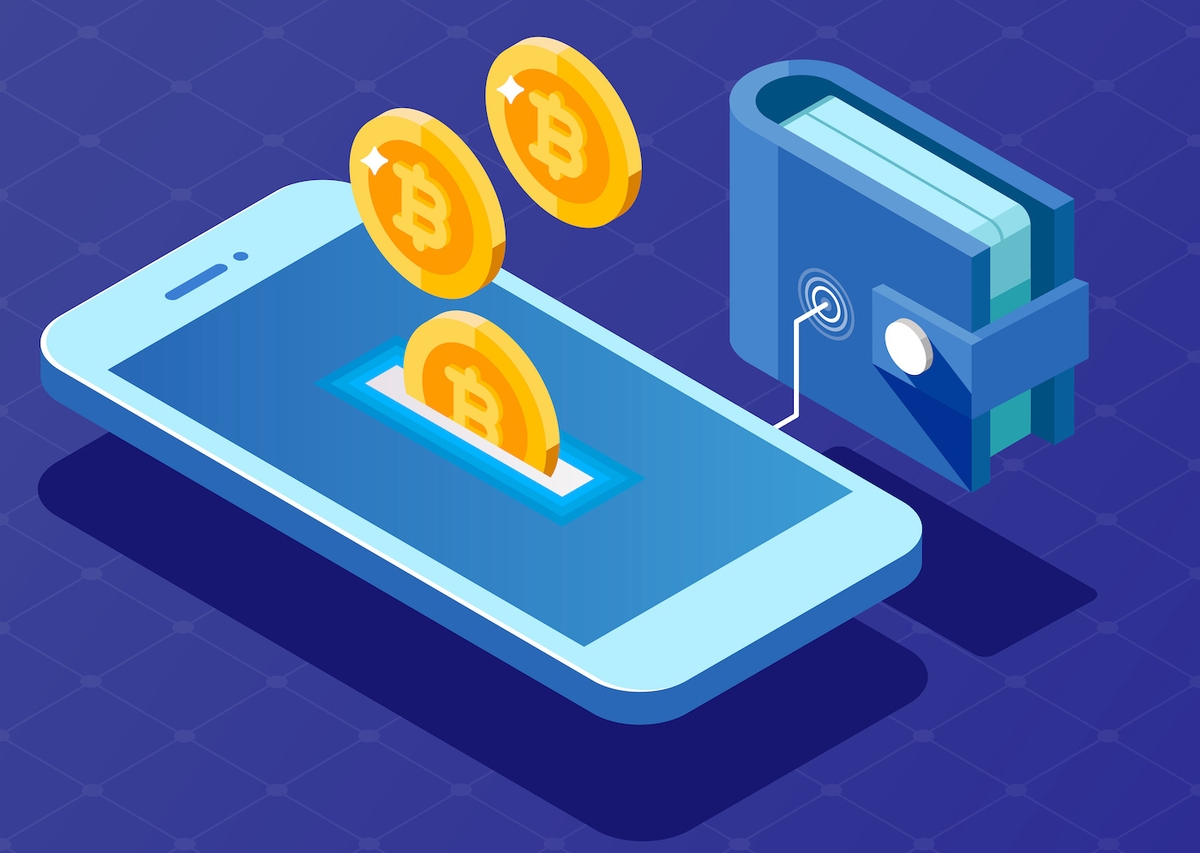In a time where digital currencies are revolutionizing the idea of payments in financial transactions, a digital wallet is no longer an instrument; it is the primary element of protecting and managing digital assets. In contrast to traditional wallets which hold the physical currency, a cryptocurrency wallet acts as a gateway for users’ cryptocurrencies and provides access to their digital wealth. The combination of security, technology, and even elements of psychological to help users strike the delicate balance of access and security.
The main purpose of a cryptocurrency wallet is to keep the keys that are required for accessing crypto funds. They have two keys: one both private and public, act as unlock and locking mechanisms in your virtual treasure chest. The public key is comparable to a bank account number which is shared with other users to access funds. Meanwhile, the private key relates to a password that is extremely secure which allows you to make transactions and gain access to your accounts. The complexity of the keys make crypto wallets secure If you don’t have the proper keys they are secret, unaccessible for anyone else.
With great power comes with it a responsibility. Cryptocurrencies are decentralized, which implies that the security of wallets is nearly entirely the responsibility of the individual user. There aren’t any banks or central authority to intervene, to reset your password in the event that you forget your password. If your private key gets lost, the results could be severe, and there is no way to retrieve the money that was locked away. Therefore, the proper management of keys essential. Many providers of cryptocurrency wallets employ multiple backup and recovery options like mnemonics which are a series of phrases that, if put in the right order allows access to accounts.

They come in many types, each having its own strengths and levels of security. Hardware wallets that resemble the appearance of a USB drive are known for their security and reliability, since they are able to store users’ private keys in a secure location away from threats online including hackers. Software wallets provide more ease of use and quicker access to money because they are easily accessible through mobile phones or laptops. They are also connected to the Internet and are more prone to hacks however, they usually come with user-friendly interfaces as well as additional functions like switching tokens, and interacting with applications that are decentralized. For more information please Find Out More
To the enthusiast of crypto It’s more than simply safeguard assets. It’s an entry point to the growing world of decentralized finance (DeFi) as well as Non-Futurible Tokens (NFTs). The modern crypto wallets work through smart contracts, allow the trading of assets in order to generate interest, and also allow access to blockchain-based games as well as collectibles. The ever-changing functionality of these wallets demonstrates the wide-ranging nature of cryptocurrency assets as well as the technology behind them that goes beyond just storage, becoming integral elements of a growing digital economy.
The future of cryptocurrency wallets could push the limits of what we can understand by the concept of digital asset management. Due to the advent of Web 3.0, the integration of identity management, as well as the potential for sovereign self-custody for digital assets and identities the wallets are changing. They’re no longer only a secure place to store digital currency, but have evolved into an all-encompassing security system for digital identities. The blockchain industry is growing in both complexity and size it is expected that the cryptocurrency wallet is expected to continue to evolve to provide new ways of security and interaction.
